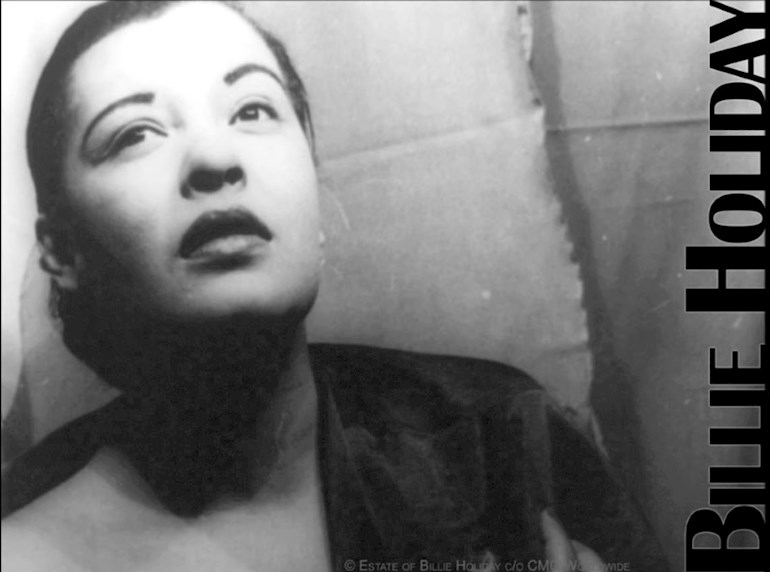Every so often, we fall across bizarre ideas that have been put forward, whether in the spirit of scientific investigation or for more prosaic or base reasons - such as trying to sell something.
In this case, I just happened across a couple of BBC radio programs in their The Why Factor series from the World Service.
The Why Factor: Sad Music
The Why Factor: Sad Music: 2
(The programs could be the same - but I have not carefully listened to be sure.)
If you really want to know, they played briefs extracts from the following:
Billie Holiday: Gloomy Sunday
James Taylor: Riding on a Railroad
Joni Mitchell: River
The Beatles: I Want to Hold your Hand
Kylie Minogue: Can't Get You Out Of My Head
Johann Sebastian Bach: Prelude in B minor, number 24
Mikhail Ivanovich Glinka: La Separation
Felix Mikhailovich Blumenfeld: Etude Sur Mer
Arvo Pärt: Spiegel im Spiegel
Ջիվան Գասպարյան: I Am Outcast By You
The Rankin Family: Chi Mi Na Morbheanna
Oliver Mtukudzi: Neria
Víctor Jara: Te Recuerdo Amanda
محمدرضا شجريان: Rain
Chris Isaak: Wicked Games
Samuel Barber: Adagio for Strings
I realise that you have either completely stopped reading - or maybe you are getting to screaming point - "Just what has all this got to do with thyroid disorders?"
A paper was published in 2011 which speculated that prolactin and sad music have some sort of an interplay. That idea was included in the radio programs.
And what many realise is that prolactin very often rises in hypothyroidism. Hence my wondering if there would be any relationship between thyroid disorders and choice of music!
This is the paper:
Why is sad music pleasurable? A possible role for prolactin
David Huron
First Published July 13, 2011 Research Article
doi.org/10.1177/10298649114...
And, eight years later, another paper, dismissing the whole idea:
Enjoying Sad Music: A Test of the Prolactin Theory
Olivia Ladinig, Charles Brooks, Niels Chr. Hansen
First Published December 25, 2019 Research Article
Abstract
Philosophers have long wrestled with the apparent paradox of the enjoyment of negative emotional portrayals in the arts. An example of this apparent paradox is the enjoyment among some listeners of nominally sad music. An experiment is reported in which 39 participants listened to sad and happy music while serum prolactin (PRL) concentrations were measured. The purpose of the experiment was to test an a priori theory, proposed by Huron, that liking sad music is mediated by elevated PRL levels. Contrary to the theory, sad music did not result in a significant increase in PRL; nor was the pleasure of listening to sad music associated with increased PRL. Nominally happy music did result in a decrease of PRL, especially for those participants who most prefer happy music over sad music. The effect was greatest for those who score high on a measure of loneliness. Consistent with other studies, the degree of liking sad music over happy music was found to correlate with trait openness to experience, although this effect was not echoed in PRL levels. Post-hoc analyses indicate that PRL decreases were most marked for male listeners and those who score high on a loneliness measure. In general, the results are not consistent with the theory proposed by Huron.
journals.sagepub.com/doi/10...
I don't think anyone will have learned very much from this. But some of that music is ever so powerful. Also, I was a touch surprised that Leonard Cohen didn't get a look-in.

